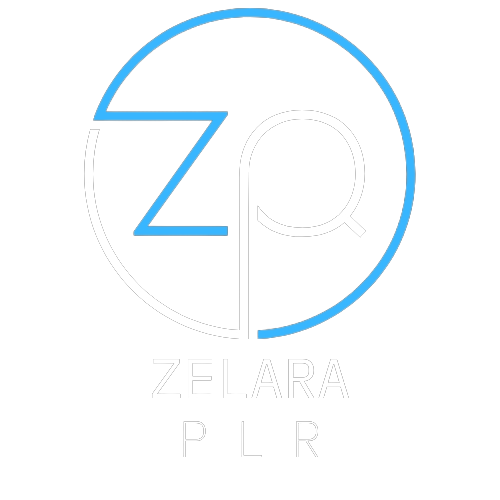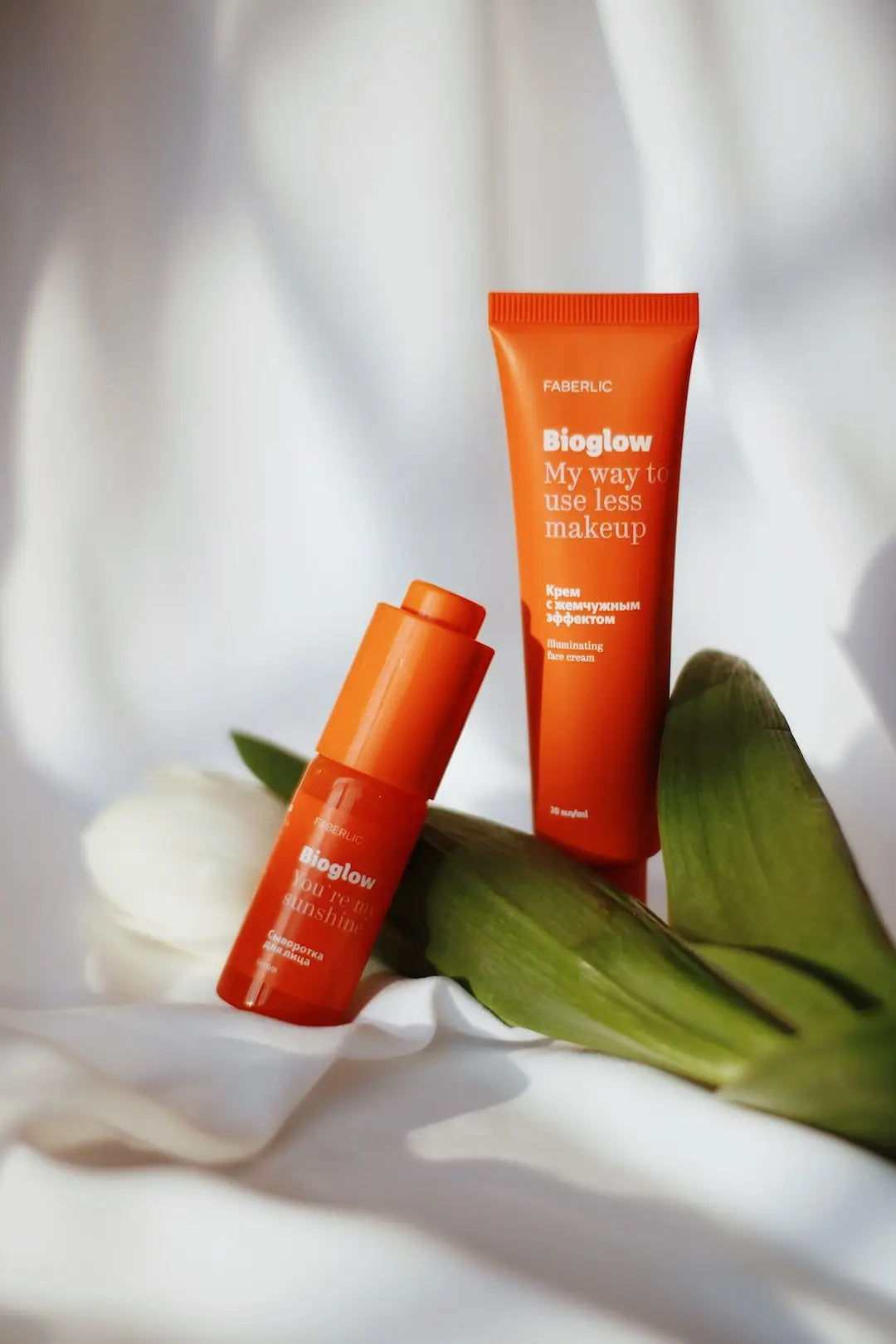Running an eCommerce store comes with its fair share of challenges and responsibilities. One crucial aspect that every store owner must consider is the source of their product content. Private Label Rights (PLR) can offer a quick and cost-effective solution for creating content, but it is essential to understand the ethical implications of using PLR in your eCommerce store.
What is PLR?
Private Label Rights refers to the licensing of content, such as articles, eBooks, or graphics, allowing individuals to modify and use them as their own. In the context of eCommerce stores, PLR often refers to product descriptions, blog posts, or marketing materials that can be used to showcase and sell products online.
The Pros of Using PLR
Using PLR content in your eCommerce store can bring several benefits. Firstly, it saves time and effort, as you don't have to create original content from scratch. This allows you to focus on other aspects of your business, such as customer service or marketing strategies.
Additionally, PLR content is often more affordable compared to hiring professional copywriters or content creators. This cost-effectiveness makes it an attractive option for store owners, especially those starting with a limited budget.
Moreover, PLR content can provide inspiration and ideas for your own unique content. By modifying and personalizing the PLR material, you can tailor it to your target audience and create a cohesive brand experience.
Understanding the Ethical Considerations
While PLR content may offer numerous advantages, it is vital to consider the ethical implications before using it in your eCommerce store. Here are some aspects to keep in mind:
1. Uniqueness and Duplicate Content
One primary concern with PLR content is that it is often sold to multiple buyers. This means that the same content can appear on various eCommerce stores, resulting in duplicate content. Search engines prefer unique content, and having duplicate content can negatively impact your search engine rankings.
2. Quality and Relevance
The quality and relevance of PLR content can vary greatly. It is crucial to thoroughly review the PLR material before using it in your store. If the content is poorly written or not relevant to your products, it may harm your brand's reputation and customer trust.
3. Copyright Infringement
PLR content often comes with specific usage rights, which can vary from one provider to another. It is essential to carefully read and understand the license terms to ensure that you are not infringing on any copyrights or violating any legal restrictions.
4. Brand Authenticity
Your brand's authenticity and uniqueness are essential for building trust with your customers. Using generic PLR content without personalization may dilute your brand's identity and make it challenging to stand out from competitors.
Best Practices for Using PLR Ethically
While there are ethical considerations when using PLR, it is still possible to leverage it effectively and responsibly in your eCommerce store. Follow these best practices:
1. Edit and Customize
Make sure to personalize the PLR content to match your brand's voice and style. Edit the material to add value, make it unique, and align it with your target audience's needs. This will enhance your brand's authenticity and prevent duplicate content issues.
2. Verify Quality and Relevance
Thoroughly review the PLR content before using it. Ensure it is well-written, accurate, and relevant to your products and target market. If necessary, make necessary amendments or seek professional help to enhance the content's quality.
3. Combine PLR with Original Content
Instead of relying solely on PLR content, use it as a starting point for creating original content. Add your unique insights, experiences, or opinions to make the content more valuable and distinctive. This approach allows you to maintain brand authenticity while leveraging the convenience of PLR.
4. Purchase from Reputable Sources
Choose reliable and reputable PLR providers to ensure the content you purchase has the necessary rights and is of good quality. Conduct thorough research, read reviews, and make an informed decision before purchasing PLR packages.
The Final Verdict
Using PLR content in your eCommerce store can be ethical when done correctly. It offers a practical solution for time-strapped store owners, giving them a head start in creating content. However, it is crucial to consider the ethical implications and follow best practices to maintain brand authenticity and avoid duplicate content issues.
By thoughtfully editing and customizing PLR content, verifying its quality and relevance, combining it with original content, and sourcing from reputable providers, you can make ethical use of PLR to enhance your eCommerce store's success.
Remember, your brand's authenticity and reputation should always take precedence. Strive to create engaging and unique content that resonates with your target audience, building a strong and trustworthy brand that stands out in the eCommerce marketplace.
Discover the creations of a fellow Shopify store owner by exploring their online store. Simply click here to access the store. Please remember that this is a promotional link, and we cannot be held responsible for the content of the linked store.




Leave a comment
This site is protected by hCaptcha and the hCaptcha Privacy Policy and Terms of Service apply.